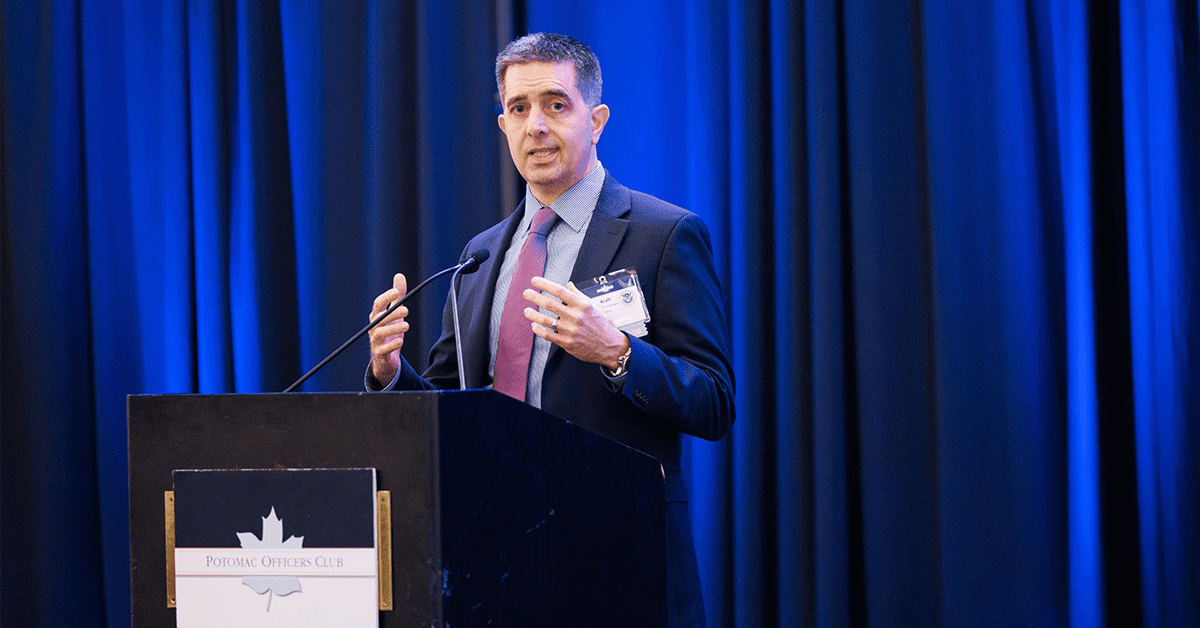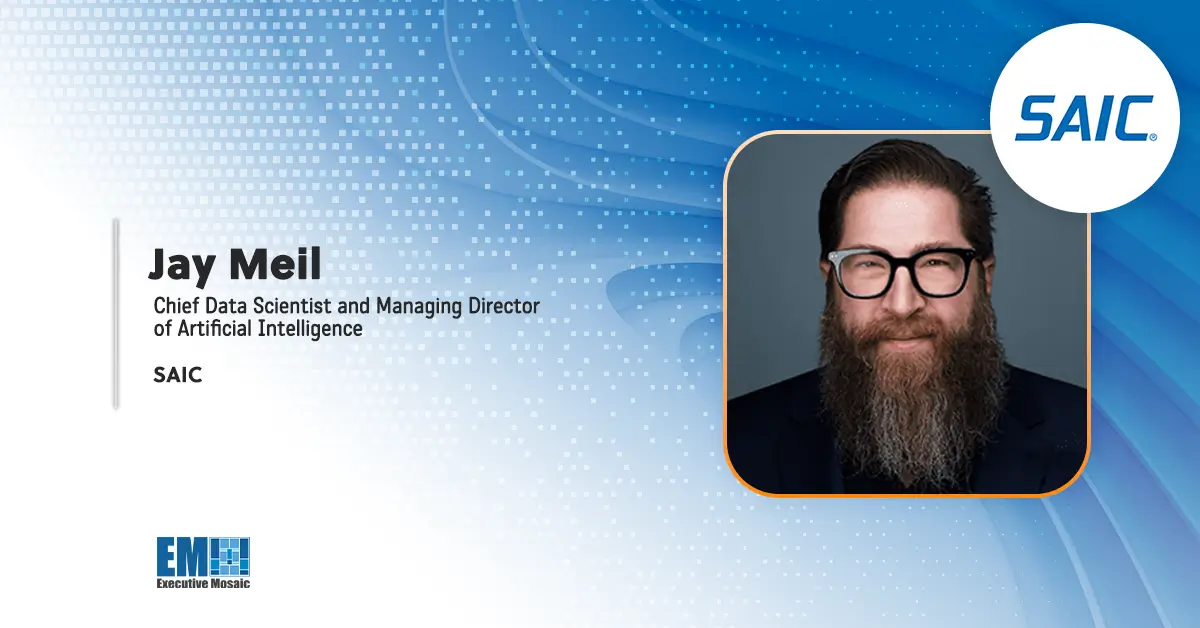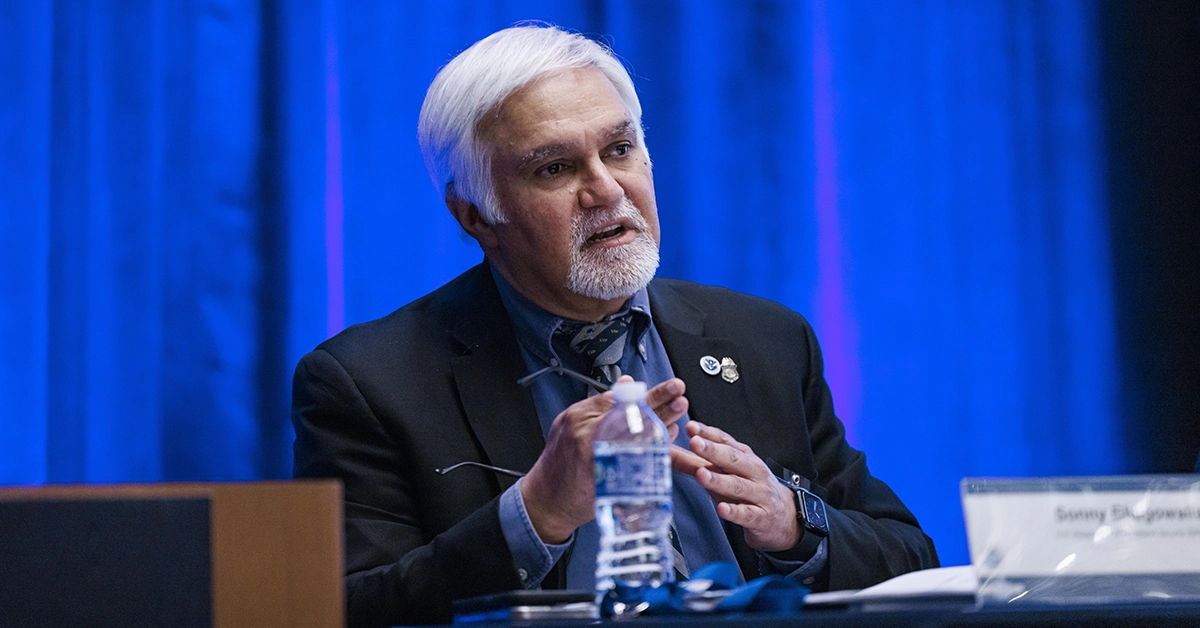When most people think of generative artificial intelligence, these days they’re thinking of commercial large language models like OpenAI’s ChatGPT, Anthropic’s Claude or Microsoft Copilot. But genAI, as it’s known, also has immense utility in the public sector space as a data organization tool and to automate certain customer experience processes, according to Chris Kraft, deputy chief technology officer of AI and emerging technology at the Department of Homeland Security.
Kraft explained to an audience at the Potomac Officers Club’s 5th Annual AI Summit on Thursday that in his time with the Federal Emergency Management Agency, which he left for DHS just weeks ago, they were able to use genAI for a number of instructive purposes.
“When you can actually use your own data and focus on your own data, the benefit that you can get from [genAI] is just amazing,” Kraft stated.
Continue the intimate dialogue between government technology leaders and GovCon executives at the Potomac Officers Club’s next big event: the April 17th CIO Summit. Held at the Hilton Alexandria Mark Center in Virginia, speakers will include DISA Director Lt. Gen. Robert Skinner, DIA CIO Doug Cossa and more. Register here!
FEMA reportedly gets at least 15 questions a day regarding its budget, which take an estimated thousands of hours a year to respond. To alleviate this burden, Kraft and his former FEMA colleagues loaded its 500-page congressional budget justification document into a genAI application and trained it to develop responses to queries about the budget.
Kraft said these responses will always, crucially, be cleared by multiple rounds of human review in the finance organization before they’re disseminated to the user. He said this solution was deployed a couple of weeks ago along with the fiscal year 2025 budget rollout and, now that he has departed FEMA, is excited to see how it works out.
(In order to measure the “relevancy, accuracy and groundedness” of its model, Kraft said FEMA used a program called TruEra.)
In his work at DHS, genAI training is already a huge focus area for Kraft. Currently underway is the development of a “black belt program for generative AI” that seeks to “build up a workforce of generative AI experts” who can then be the gurus on the subject for the agency. The program is currently one year and can certify participants at four different levels; Kraft is unsure if it will “accelerate” or grow further.
A DHS use case that Kraft highlighted for genAI is U.S. Citizenship and Immigration Services officer training.
“This is using generative AI as a tool, not the only tool, but a tool to help train officers as they work to prepare them to engage and ask questions of asylum seekers and others,” Kraft shared.
Potomac Officers Club events are regular sources of exclusive insights behind the scenes of government agencies. Don’t miss your chance to be a part of the conversation — check out the lineups of the 5th Annual CIO Summit and the 2024 Cyber Summit.








